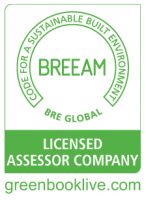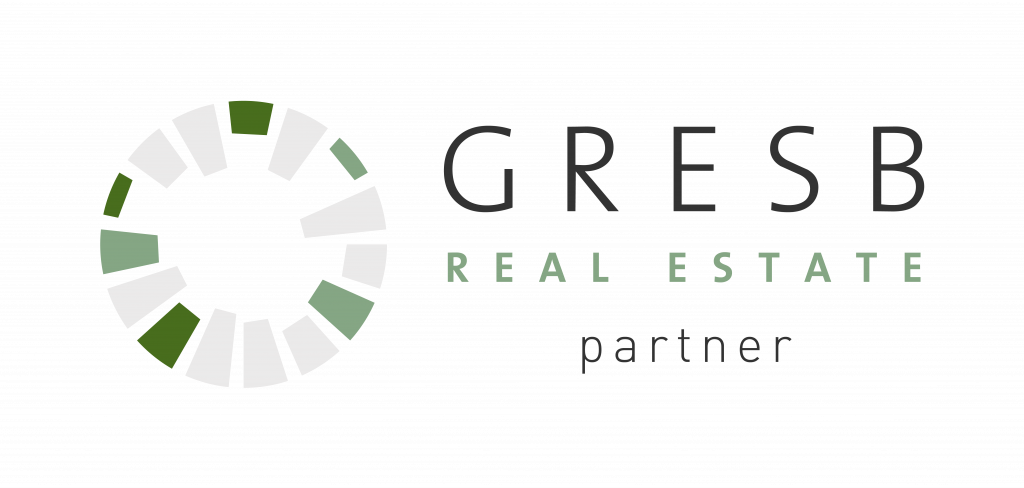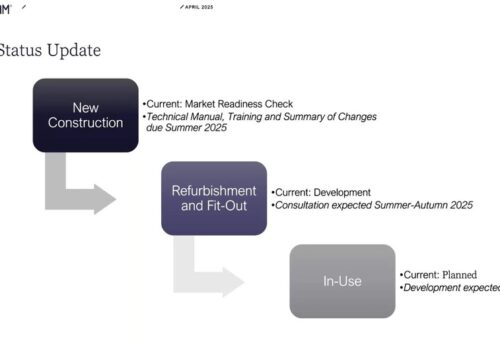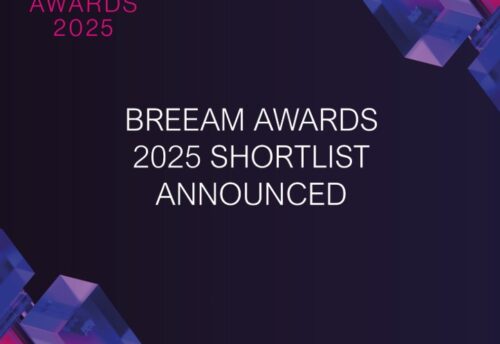
- January 11, 2024
Happy New Year!
Welcome to our first blog article of 2024!
We thought to put together for our readers a tidy executive summary of the key regulations and drivers that are shaping our industry. There are many different standards and directives currently active in the UK and the EU which require companies to report on their approaches to sustainability and environmental, social & governance (ESG) performance. As we enter the new year, it is a great opportunity to note down key dates surrounding changes and updates to standards, rules and regulations which may have an impact on you and your company.
1. EU Corporate Sustainability Reporting Directive
The Corporate Sustainability Reporting Directive (CSRD) is an EU regulation that will require all large companies and listed SMEs to report on their environmental, social and governance (ESG) performance, risks and impacts.
From 1st January 2024, companies subject to existing Non-Financial Reporting Directive (NFRD) will begin applying the new rules for the first round of reports, to be published in 2025.
2. European Sustainability Reporting Standards
The European Sustainability Reporting Standards (ESRS), developed by the European Financial Reporting Advisory Group (EFRAG) are a set of 12 standards that detail the reporting requirements for companies within the scope of the EU CSRD.
The standards were published on 22nd December 2023 and are effective from the 1st January 2024, as part of the first wave of reporting under the CSRD.
3. EU Corporate Sustainability Due Diligence Directive
The Corporate Sustainability Due Diligence Directive (CSDDD) is a major piece of EU legislation that will require EU and non-EU companies to conduct environmental and human rights due diligence across their operations, subsidiaries, and value chains.
Following the provisional agreement on 14th December 2023, it is expected that this will be finalised in early 2024 – one to watch!
4. EU Energy Performance of Buildings Directive
The Energy Performance of Buildings Directive (EPBD), which was created to improve the energy performance of buildings within the European Union, lays down minimum requirements to the energy performance of new and existing buildings that are being renovated.
Having last been amended in 2018, the EPBD is set to be recast in early 2024 and will include measures such as a gradual introduction of minimum energy performance standards for non-residential buildings and increased reliability, quality and digitalisation of Energy Performance Certificates (EPCs), among other things.
5. EU Sustainable Finance Disclosure Regulation
The Sustainable Finance Disclosure Regulation (SFDR) requires specific firm-level disclosures from asset managers and investment advisers regarding how they address two key considerations: Sustainability Risks and Principal Adverse Impacts (PAIs). Coupled with the EU Taxonomy, the SFDR was designed to provide transparency to investors.
By 30th June 2024, the second FMP PAI statement will be due for companies required to submit PAI statements. The European Commission has also launched an assessment of the SFDR and is gathering data on how the regime should be improved with results of the consultation expected in 2024.
6. EU Taxonomy for sustainable activities
The EU taxonomy is a classification system, based on 6 key objectives which define criteria for economic activities that are aligned with a net zero trajectory by 2050 and the broader environmental goals, other than climate.
Whilst two of the environmental objectives (climate change mitigation and climate change adaptation) have been in effect since 2023, the criteria for the remaining 4 objectives (pollution prevention, water & marine recourses, circular economy, biodiversity) were only finalised in the later stages of November 2023. These criteria became applicable as of 1st January 2024.
7. UK Energy Savings Opportunity Scheme
The Energy Savings Opportunity Scheme (ESOS) is a mandatory assessment scheme, requiring qualifying organisations to undertake energy efficiency audits every 4 years.
Following a delay to the initial Phase 3 notification of compliance deadline on 5th December 2023, the revised deadline has been for 5th June 2024, alongside a new deadline on 5th December 2024 for the submission of the ESOS action plan – a new requirement under Phase 3 of the scheme. More to come on this shortly!
8. UK Sustainability Disclosure Requirements
As the UK’s version of the EU’s SFDR, the Sustainability Disclosure Requirements (SDR) will introduce a set of sustainability-related product labels, product- level and entity-level disclosures, and additional rules regarding sustainable investing for the UK.
There a lot of progress expected for the SDR in 2024 with an anti-greenwashing rule coming into effect from 31st May 2024, release of the new sustainability labels from 31st July 2024 and new naming and marketing requirements coming into effect from 2nd December 2024.
9. UK Green taxonomy
Similarly, to the EU’s taxonomy for sustainable activities, the UK Green taxonomy aims to provide and consistency for investors to enable them to easily compare the environmental performance and impact of companies and investment funds to inform their financial decisions.
In 2023, the UK Government was due to Consult on the UK Green taxonomy, but was delayed with further update expected in 2024.
10. Get It Fair
Get If Fair is a new certification scheme for ethical claims combining an ISO-certified ESG rating, a sustainability reporting assurance to a reasonable (not limited) level and a management system framework for assessing sustainability risks. We’re going to release later this year a ground breaking case study where the Get It Fair ESG rating and reasonable assured sustainability reporting is going to be combined with BREEAM In-Use certification and GRESB disclosure for a client of ours!













